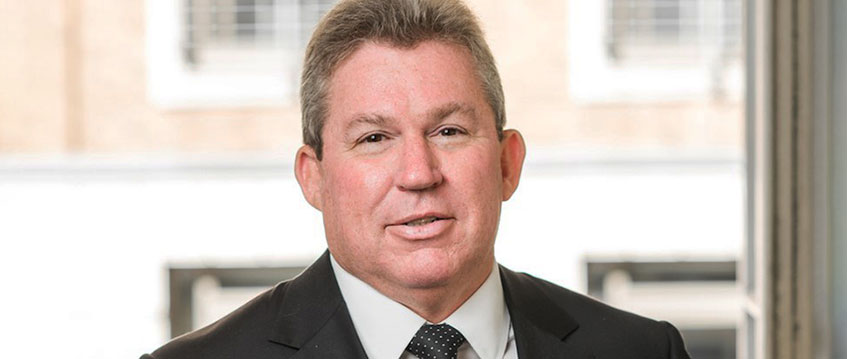Landlords granting lease for hotel – Rent review – Proviso in lease that tenants should use best endeavours to obtain maximum revenue from use of bedrooms as sleeping accommodation – Whether proviso amounting to tenants’ covenant – Whether landlords entitled to claim for damages for breach of covenant – Whether landlords entitled to claim for damages for breach of covenant
In 1972 the claimant landlord granted the defendant tenant a lease of a hotel for a term of 99 years. Schedule 3 to the lease contained provisions for upwards-only rent reviews every 14 years. Under the terms of the lease, the rent, on review, was to be ascertained by the use of a formula set out in schedule 3, which used figures for the “net bedroom rent” (NBR) actually received by the tenent in respect of charges for accommodation. Para 1(e) defined NBR as the gross amount received for bedroom accommodation for sleeping purposes, less commission. Proviso (1) to para 1(e) stated: “provided always that (1) the tenant shall at all times use its best endeavours to obtain the maximum revenue from the use of bedrooms as sleeping accommodation and shall not take bedrooms out of service for redecoration except in accordance with the normal practice of the hotel industry”. The claimant contended that proviso (1) was efefectively a covenant by the tenant to use its best endeavours to maximise NBR. It sought to bring a claim for damages against the defendant for breach of that covvenant. The preliminary issue was whether, upon a proper construction of the lease, the words of proviso (1) amounted to a covenant by the tenant.
Construing the wording of proviso (1) within the context of the lease as a whole, the proviso was modifying the definition of NBR and was not imposing an obligation upon the defendants. The fact that the proviso contained the word “shall” did not necessarily mean it was intending to impose an obligation. The action for damages did not therefore fall to be considered.
Paul Morgan QC and Janet Bignell (instructed by Clifford Chance) appeared for the claimant; Christopher Nugee QC and Jonathan Karas (instructed by Lovells) appeared for the defendants.
Sarah Addenbrooke, barrister








